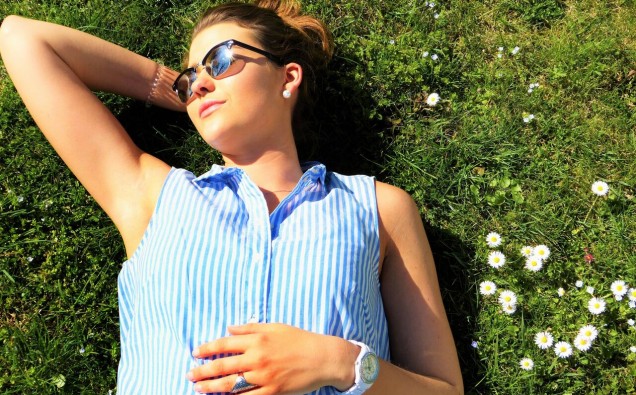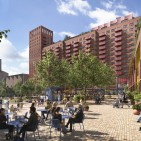It is thought that around one in five people in the UK suffer from vitamin D deficiency. Interestingly, people from a BAME community are at higher risk of suffering from than those who are not. Why is this the case? Dr Preethi Daniel, Clinical Director at London Doctors Clinic vouches to explain.
What is vitamin D and how do we normally obtain it?
Vitamin D, otherwise known as the sunshine vitamin, is a fat-soluble vitamin that helps regulate minerals such as calcium and phosphate in the human body.
Much of the vitamin D in our body is made naturally from exposure to sunlight and naturally levels increase in the summer months when they days are considerably longer and brighter. It is thought that deficiency levels can rise from 8% in summer to as much as 40% in the winter.
In addition to natural sunlight, some foods can also be a source of vitamin D. These are:
Oily fish
Egg yolks
Fortified cereals (cereals which have added vitamins and minerals)
Cheese
Red meat
Exposing your body to natural sunlight may not always be possible, especially if you work in an office but eating food with Vitamin D will help boost levels.
What are the benefits of vitamin D?
Vitamin D has several benefits but one of its main purposes is to keep your bones strong and to reduce general aches and pains. Another key benefit of Vitamin D is that it can help to regulate and boost your mood – which is one of the contributors to us generally feeling low in the winter.
What are the symptoms of a vitamin D deficiency?
Some of the most common signs that you are lacking vitamin D are feelings of fatigue, low mood could also indicate the same. Aches and pains are also common. This can contribute to lower productivity, difficulty coping with stress and lack of motivation. It can cause thin and soft bones, also known as Osteoma Laci, which may not always be present along with the other symptoms.
Why is vitamin D deficiency so prevalent in the BAME community?
People from BAME backgrounds that have a deeper skin tone are less able to absorb sunlight into their skin and therefore less able to produce vitamin D. The increased melanin (the pigment in skin and hair which imparts your skin tone) in the skin reduces its ability to absorb UV rays from the sun. While this is great and helps a long way from getting skin cancer, it means we do not have the ability to produce much vitamin D from the sun. Thus, the darker the skin tone, the harder it is to produce vitamin D.
The increased melanin, combined with the lack of sunlight during the dreary winter months (and short summer months) in the UK makes absorbing sunlight and producing vitamin D far more difficult. The element of wearing modest clothing in the BAME community can also further prevent the exposure of sunlight to the skin.
Another factor which could contribute to the lack of vitamin D in BAME communities, in particular those from an Asian background is dietary choice. As a large proportion of Asians are either vegetarian, vegan or ‘pure’ vegetarian (do not eat eggs), thus it is more difficult for them to get vitamin D through their diet.
How can those in the BAME communities who are deficient ensure that they are getting enough?
As those in BAME communities do not get as much of a vitamin D boost from sunlight, it is important to be more proactive in obtaining vitamin D. Looking for fortified cereals and fat spreads will help to provide an extra vitamin D boost. Supermarket milk in the UK is not fortified with vitamin D; make sure to check the labels on the products you purchase. Many yoghurts and other dairy products do contain vitamin D.
In addition, you should try and get outside as much as possible, even if it is in your own garden, particularly in the spring to summer months, as this will help your skin absorb sunlight. In some instances, supplements are recommended, particularly for those who are low in or are at a higher risk of being low in vitamin D. These supplements are available widely, in a spray or tablet form. The recommendation is of around 10 micrograms of vitamin D per day.
Dr Preethi Daniel is the Clinical Director at the private GP London Doctors Clinic
To book an appointment go onto https://www.londondoctorsclinic.co.uk/services/

















